From smoky jazz clubs to sun-drenched outdoor festivals, live music has been the heartbeat of our culture for generations, thanks in part to an unsung hero working tirelessly behind the scenes since 1948. This unsung hero is none other than the Music Performance Trust Fund (MPTF), a remarkable organization that has played a pivotal role in supporting live music and musicians for over seven decades.
Imagine a world without the vibrant energy of live performances, where the magic of music is confined to recordings and digital streams. It’s a bleak picture, isn’t it? Thankfully, the MPTF has been working diligently to ensure that live music continues to thrive and enrich our lives. But what exactly is this mysterious organization, and how has it managed to keep the rhythm of live performances beating strong for so long?
The Birth of a Musical Revolution
Let’s take a trip back to 1948, a time when the world was still recovering from the aftermath of World War II. As the music industry grappled with technological advancements and changing consumer habits, a visionary agreement was struck between the American Federation of Musicians and the major record companies of the time. This agreement gave birth to the Music Performance Trust Fund, a unique entity designed to support live music performances and the musicians who bring them to life.
The MPTF’s mission was clear from the start: to enrich lives through music, contribute to the public knowledge and appreciation of music, and make music freely available to the public. It’s a lofty goal, but one that has resonated with musicians and music lovers alike for generations.
Why is supporting live music performances so crucial? Well, as any music aficionado will tell you, there’s something magical about experiencing music in the moment, feeling the energy of the crowd, and witnessing the raw talent of musicians up close. Live performances create connections, spark emotions, and forge memories that last a lifetime. They’re the lifeblood of musical culture, and the MPTF recognized this importance right from the get-go.
Behind the Curtain: How the MPTF Orchestrates Success
Now, you might be wondering how the MPTF manages to keep the show running smoothly. It’s not just about throwing money at musicians and hoping for the best. No, the MPTF operates with a level of precision that would make even the most meticulous conductor proud.
The fund’s financial structure is a fascinating blend of tradition and innovation. Originally, it was funded through a percentage of record sales, a model that worked well in the era of vinyl and CDs. However, as the music industry has evolved, so too has the MPTF’s funding model. Today, it receives contributions from various sources, including record companies, streaming services, and even individual donors who recognize the value of live music.
But here’s where it gets really interesting. The MPTF doesn’t just hand out money willy-nilly. They’ve developed a grant application process that’s both rigorous and fair, ensuring that the funds go to where they’re needed most. Musicians and event organizers can apply for grants to support a wide range of live music events, from intimate jazz club performances to large-scale outdoor festivals.
Speaking of events, the MPTF supports an incredibly diverse array of performances. We’re talking everything from classical orchestras to rock bands, from folk ensembles to electronic DJs. This diversity isn’t just about musical genres; it’s also about reaching different communities and age groups. The MPTF understands that music is a universal language, and they’re committed to making it accessible to everyone.
And when we say everyone, we mean it. The MPTF’s reach extends across North America, supporting performances in big cities, small towns, and everywhere in between. It’s like a vast musical web, connecting communities through the power of live performances.
Striking a Chord: The MPTF’s Impact on Musicians
Now, let’s talk about the real stars of the show: the musicians themselves. The MPTF has been a game-changer for countless performers over the years, providing a lifeline in an industry that can often be unpredictable and challenging.
First and foremost, there’s the financial support. Let’s face it, being a musician isn’t always the most stable career choice. The MPTF’s grants provide a crucial source of income for many musicians, allowing them to focus on their craft and continue sharing their talent with the world. It’s like a Pension Trust Fund for the musically inclined, securing financial futures for those who dedicate their lives to entertaining us.
But it’s not just about the money. The MPTF also provides invaluable opportunities for exposure and career development. By supporting a wide range of events, they give musicians platforms to showcase their skills, build their fan bases, and make important industry connections. It’s like a launchpad for musical careers, propelling talented artists into the spotlight.
There’s also a deeper, more cultural impact at play here. The MPTF plays a crucial role in preserving musical genres and traditions that might otherwise be lost to time. By supporting diverse musical styles, from traditional folk to cutting-edge experimental music, they ensure that our rich musical heritage continues to thrive and evolve.
Perhaps most importantly, the MPTF fosters community engagement through music. They understand that music isn’t just about entertainment; it’s about bringing people together, creating shared experiences, and building stronger communities. In this sense, they’re not just supporting musicians; they’re nurturing the very fabric of our society.
Amplifying Communities: The MPTF’s Broader Impact
Speaking of communities, let’s zoom out a bit and look at the bigger picture. The MPTF’s impact extends far beyond the musicians they support directly. They’re like a stone thrown into a pond, creating ripples that reach every corner of our communities.
One of the most visible ways the MPTF impacts communities is through free concerts and events in public spaces. Picture a sunny afternoon in a local park, families sprawled on blankets, children dancing, and the air filled with the sounds of live music. These events, made possible by the MPTF, create joyful, shared experiences that strengthen community bonds.
But the MPTF doesn’t stop at entertainment. They also support educational programs and workshops, recognizing that music education is crucial for nurturing the next generation of musicians and music lovers. These programs, much like the initiatives of the Pew Charitable Trusts, empower communities through knowledge and skill-building.
The MPTF’s commitment to diversity and inclusion is particularly noteworthy. They make a concerted effort to support underserved communities and diverse musical styles, ensuring that everyone has access to live music experiences. This approach, reminiscent of the MCKS Trust Fund, empowers communities through charitable initiatives that celebrate cultural diversity.
And let’s not forget the economic benefits. Live music events supported by the MPTF can be a boon for local businesses and tourism. From the coffee shop that sees increased foot traffic before a concert to the hotels that house out-of-town visitors for a music festival, the economic ripple effects can be significant.
Facing the Music: Challenges and Adaptations
Of course, it hasn’t all been smooth sailing for the MPTF. Like any organization with a long history, they’ve had to navigate their fair share of challenges and adapt to changing times.
The evolving music industry landscape has perhaps been the biggest ongoing challenge. The shift from physical album sales to digital downloads and now to streaming services has fundamentally changed how music is consumed and monetized. This has had a direct impact on the MPTF’s funding model, requiring them to be agile and innovative in their approach.
The digital transformation has been a double-edged sword. On one hand, it’s made music more accessible than ever before. On the other, it’s created new challenges for live performances. After all, why go out to a concert when you can stream any song you want from the comfort of your home? The MPTF has had to work hard to remind people of the irreplaceable magic of live music experiences.
And then, of course, there was the COVID-19 pandemic. Talk about a curveball! When live performances came to a screeching halt in 2020, the MPTF had to quickly pivot. They supported virtual performances, drive-in concerts, and other innovative formats to keep the music playing during lockdowns. It was a testament to their resilience and commitment to their mission.
Throughout all these challenges, the MPTF has remained committed to maintaining its relevance and support. They’ve embraced new technologies, explored new partnerships, and continually advocated for the value of live music performances. It’s been a bit like a high-wire act, balancing tradition with innovation, but they’ve managed to keep the show going.
The Next Movement: Looking to the Future
So, what’s next for the MPTF? As we look to the future, it’s clear that this organization isn’t content to rest on its laurels. They’re constantly looking for ways to evolve and expand their impact.
One exciting development is the emergence of new partnerships and collaborations. The MPTF is reaching out to other organizations in the music industry, as well as in related fields like education and community development. These partnerships, reminiscent of the approach taken by the Prince Charitable Trusts, are opening up new avenues for support and innovation.
We’re also seeing an expansion of the musical genres and events supported by the MPTF. As new musical styles emerge and evolve, the MPTF is there to support them. From electronic dance music to world fusion, they’re ensuring that the full spectrum of musical expression is represented and celebrated.
Technology is playing an increasingly important role in the MPTF’s vision for the future. They’re exploring innovative ways to enhance live music experiences, from augmented reality elements in concerts to interactive streaming events. It’s like they’re building a musical Transportation Trust Fund, but instead of securing America’s infrastructure future, they’re paving the way for the future of live music experiences.
Above all, the MPTF remains committed to advocating for the value of live music performances. In a world where digital experiences increasingly dominate, they’re reminding us of the irreplaceable power of live music to connect, inspire, and transform.
The Final Chorus: Why the MPTF Matters
As we wrap up our exploration of the Music Performance Trust Fund, it’s worth taking a moment to reflect on why this organization matters so much. In many ways, the MPTF is like the Another Bad Creation Trust Fund, but instead of representing the financial legacy of a ’90s R&B group, it represents the ongoing legacy of live music itself.
The MPTF has been the silent partner in countless musical moments over the past seven decades. From the jazz clubs of the 1950s to the rock festivals of the 1970s, from the hip-hop block parties of the 1980s to the electronic dance music raves of the 2000s, the MPTF has been there, working behind the scenes to keep the music playing.
But more than that, the MPTF represents a commitment to the idea that live music is essential to our cultural fabric. In a world where so much of our entertainment is mediated through screens, the MPTF reminds us of the power of direct, in-person experiences. They’re not just supporting musicians; they’re nurturing our collective soul.
The importance of continued support for live music and musicians cannot be overstated. As we’ve seen, live music does more than entertain us. It brings us together, it preserves our cultural heritage, it educates and inspires, and it contributes to our economic vitality. Supporting the MPTF is like investing in a Mason Tenders Trust Fund, but instead of securing financial stability for construction workers, we’re securing the future of our musical culture.
So, what can we do? How can we support the vital work of the MPTF? Well, there are several ways. We can attend live music events in our communities, especially those supported by the MPTF. We can donate to the fund directly. We can advocate for the importance of live music in our schools and communities. And perhaps most importantly, we can spread the word about the MPTF and its mission.
The Music Performance Trust Fund may have been working behind the scenes for over 70 years, but it’s time for this unsung hero to take a well-deserved bow. As we look to the future, let’s ensure that the MPTF continues to play its crucial role in keeping the rhythm of live music beating strong for generations to come.
After all, in a world that can often feel divided and disconnected, what better way to bring people together than through the universal language of music? The MPTF isn’t just a fund; it’s a promise – a promise that the magic of live music will always have a place in our world. And that’s a promise worth supporting.
References:
1. Music Performance Trust Fund. (2023). Official Website. https://musicpf.org/
2. American Federation of Musicians. (2023). Music Performance Trust Fund. https://www.afm.org/what-we-are/music-performance-trust-fund/
3. National Endowment for the Arts. (2022). U.S. Patterns of Arts Participation: A Full Report from the 2017 Survey of Public Participation in the Arts. https://www.arts.gov/impact/research/publications/us-patterns-arts-participation-full-report-2017-survey-public-participation-arts
4. Krueger, A. B. (2019). Rockonomics: A Backstage Tour of What the Music Industry Can Teach Us about Economics and Life. Currency.
5. Thompson, K. (2021). The Sound of the Future: The Coming Age of Voice Technology. HarperCollins.
6. Florida, R. (2019). The New Urban Crisis: How Our Cities Are Increasing Inequality, Deepening Segregation, and Failing the Middle Class-and What We Can Do About It. Basic Books.
7. Sternberg, R. J., & Kaufman, J. C. (Eds.). (2018). The Nature of Human Creativity. Cambridge University Press.
8. Throsby, D. (2010). The Economics of Cultural Policy. Cambridge University Press.
9. Hesmondhalgh, D. (2013). Why Music Matters. John Wiley & Sons.
10. Small, C. (1998). Musicking: The Meanings of Performing and Listening. Wesleyan University Press.

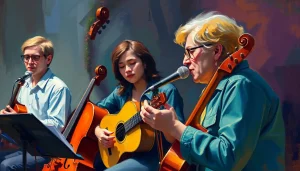

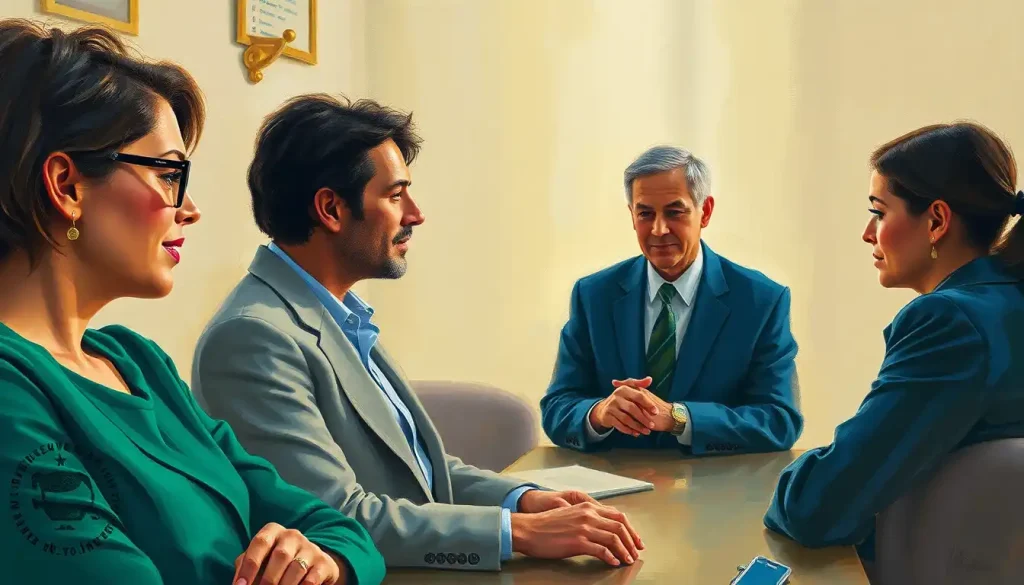
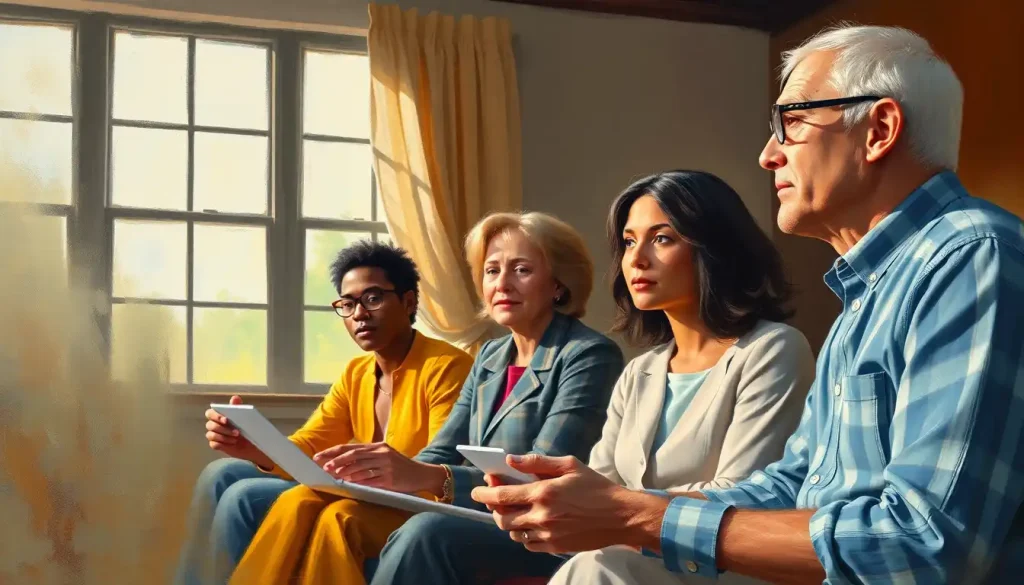
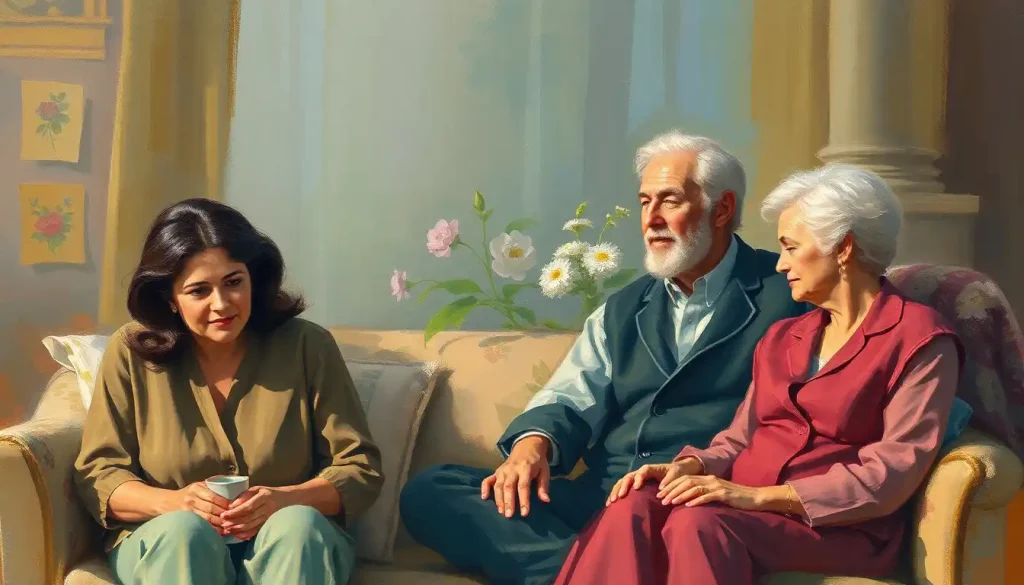

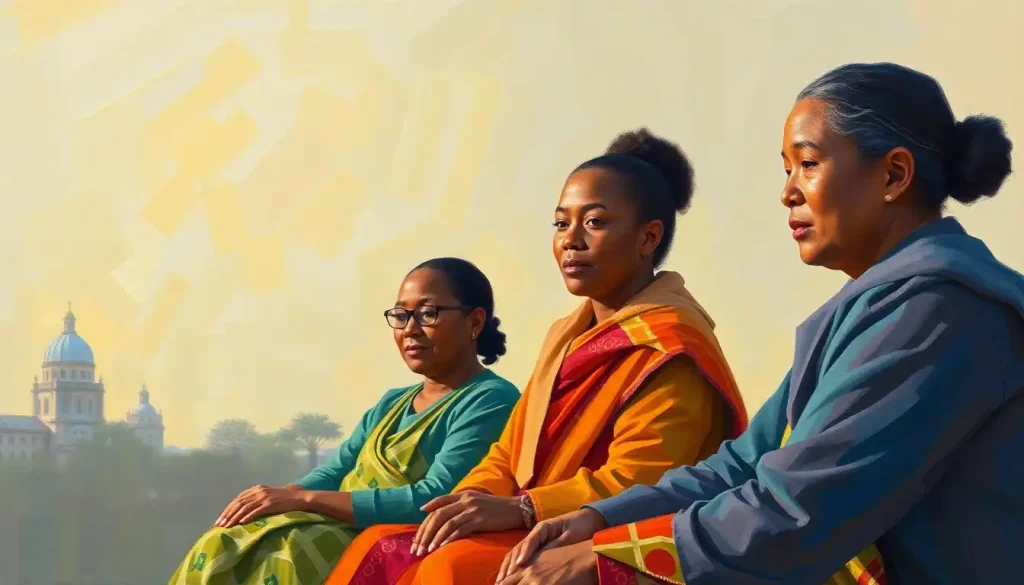
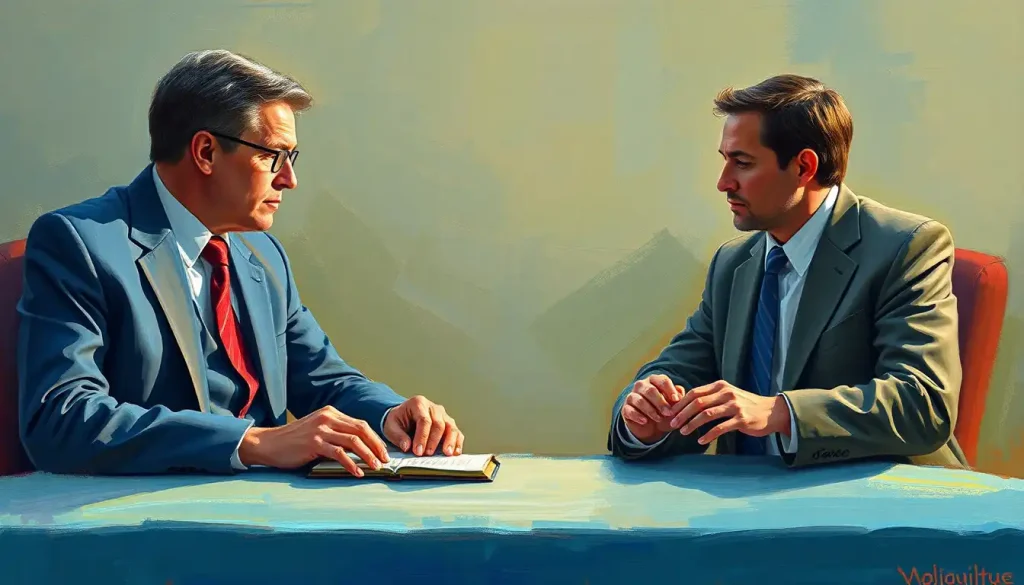
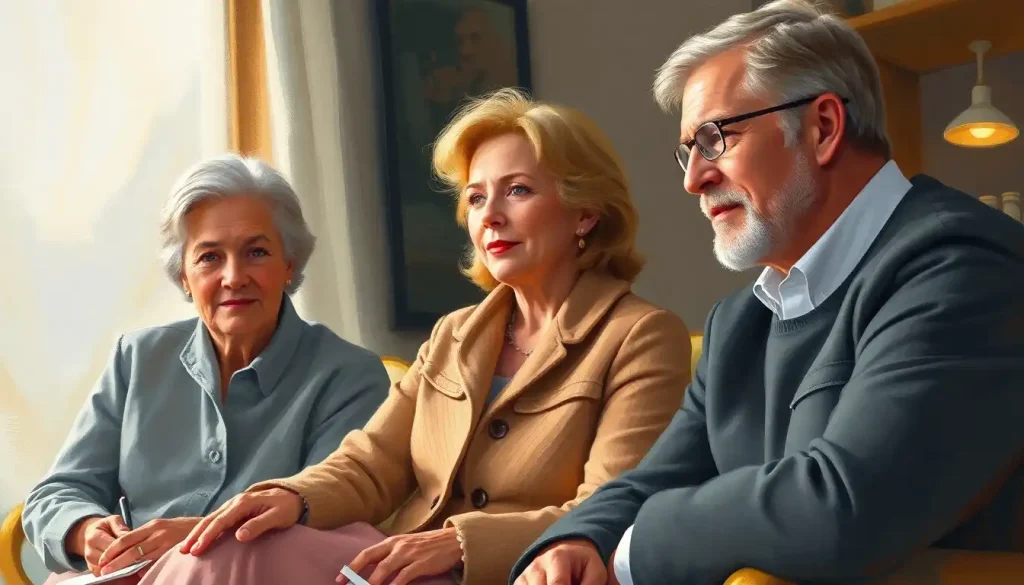
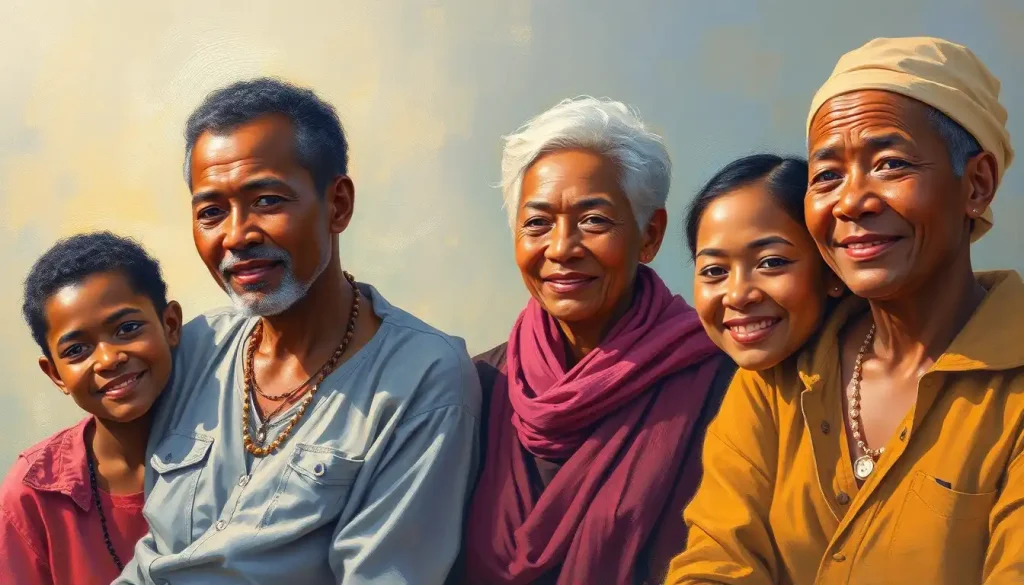
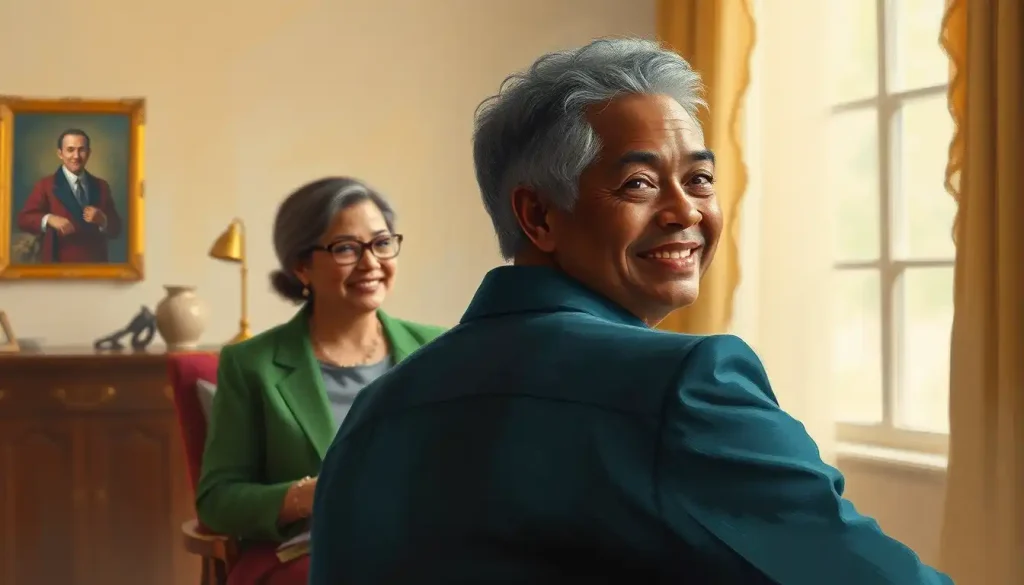
Would you like to add any comments? (optional)